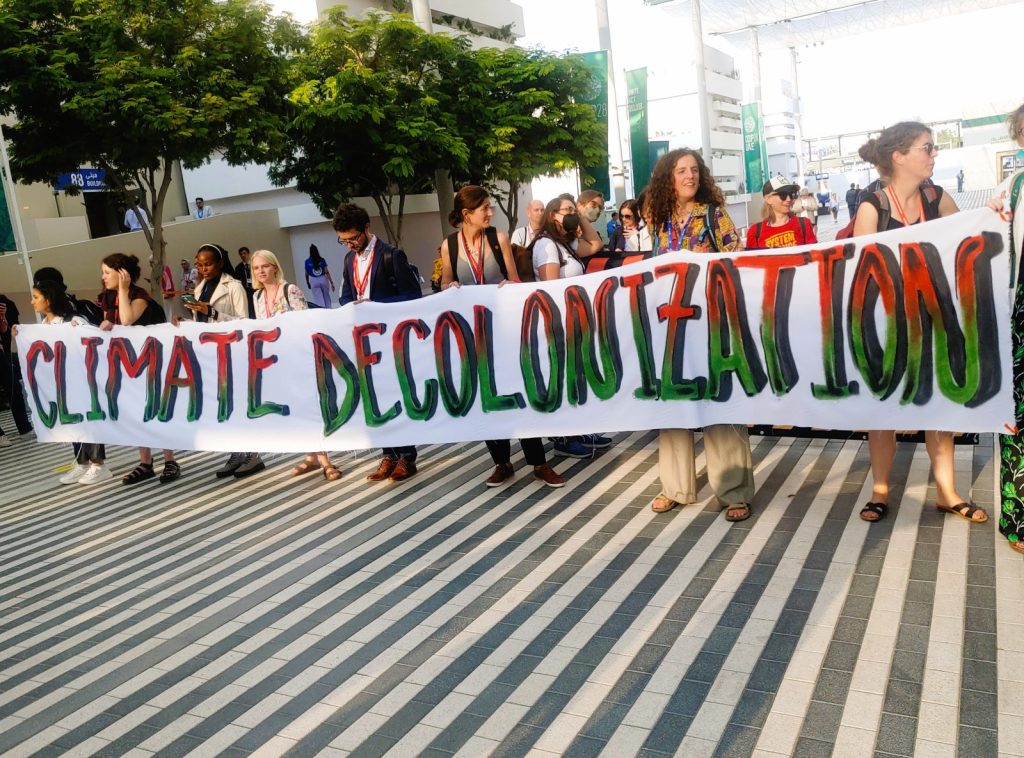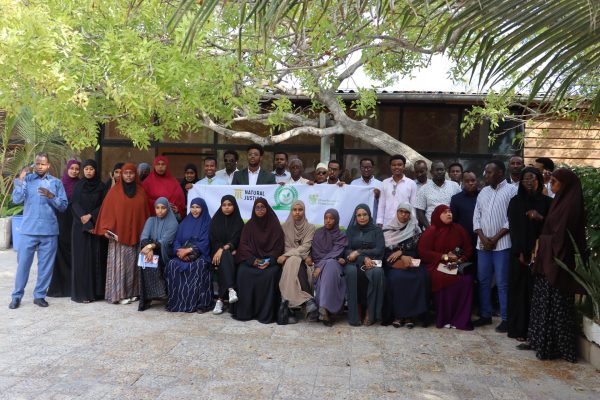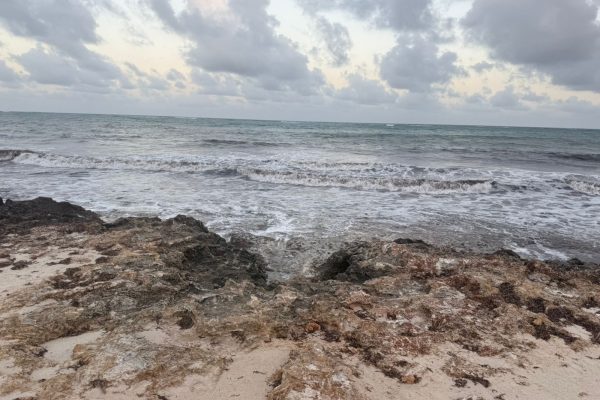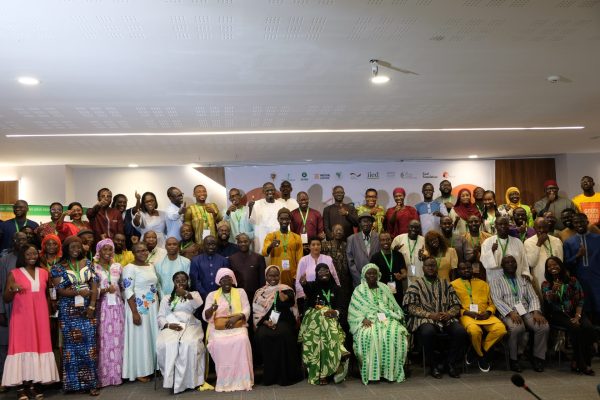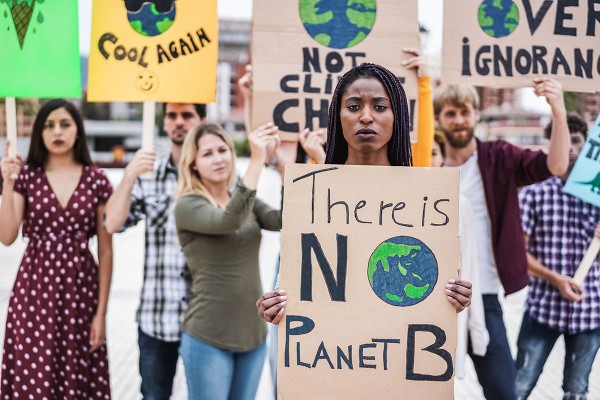In September 2024, at an African Environmental Defenders regional meeting, a conversation ensued about the upcoming environmental negotiations for biodiversity protection and climate change mitigation: The Conference of the Parties (COP) for the United Nations Convention on Biological Diversity (CBD COP16) and the United Nations Framework Convention on Climate Change (UNFCCC COP29).
The question in the room was; what aspects of the negotiations will African Environmental Defenders need to focus on to ensure respect for their human rights and their protection?
COP16: Targets for the Global Biodiversity Framework
For the COP16, a crucial part of the negotiations for defenders is that of the targets for the Global Biodiversity Framework (GBF) that are being developed for state parties to measure effective implementation and protection of biodiversity. Countries will be hoping to finalise and adopt a monitoring framework for the implementation of the 23 targets of the GBF.
Three targets are particularly important to defenders. Target 3, which aims to conserve 30% of land and sea through establishing protected areas and other area-based conservation methods (OECMs) worldwide. Known as the 30X30 target, the concern is that this could lead to Indigenous Peoples and local communities being evicted from land that is going to be “protected” under this target, leading to the loss of their access to key natural resources for their livelihoods.
For defenders, they need to advocate for effective human rights-based monitoring systems and indicators for this target to ensure that their rights are protected and fulfilled, and to ensure fair and equitable implementation of this target. For example, under the target, the concern is that states should not focus on percentages of land that should be conserved. Instead, states should focus on the role and rights of Indigenous Peoples to land, or secure tenure to land, access to natural resources and human rights.
In the GBF, Target 3 acknowledges the important roles and rights of Indigenous People and local communities in conservation. The implementation of this target should do the same. In some counties in Africa, there is evidence that “fortress conservation” models, which exclude communities from the land and are often state-run and heavily guarded, violate people’s rights and in others, even fail to serve the purpose of protecting biodiversity. Conservation must be done with communities.
Target 22 is a very progressive target seeking to ensure the full, inclusive and effective participation of Indigenous Peoples and local communities, the protection of environmental defenders and the realisation of their human rights necessary to their work in biodiversity protection. The key focus at COP16 will be strong advocacy around inclusion on language pertaining to land defenders, human rights and a specific headline indicator on defenders in the monitoring framework.
Lastly, Target 23 calls for gender equality. It calls for women and girls to be empowered throughout the implementation process. A major concern is that for both these targets, the monitoring framework for their implementation by state parties is missing clear indicators and redress or follow up mechanisms. Likewise, language on equity and human rights have been rolled back, and should be reinstated at COP16.
A major problem for many defenders in Africa is the gap between their government signing and committing to international policy agreements, protocols and frameworks. Yet nationally, there is very little, or no implementation of the commitments made at these international multilateral processes.
Advocacy at COP16
We encourage all defenders attending COP16 to engage their country representatives and advocate for positions on these targets that will increase their protection. Defenders must continue to demand effective implementation protocols for these three targets of the GBF, such as comprehensive indicators as tools to measure if their countries are complying with the GBF or not.
Lastly, defenders should advocate for robust reporting and redress mechanisms for violations of rights by both the state and private actors.
In this way, defenders will be in a stronger position to be able to conduct their work of affirming and defending their rights, and protecting nature, in an environment in which they are respected, and where they can hold companies and governments to account for human rights violations and environmental degradation.
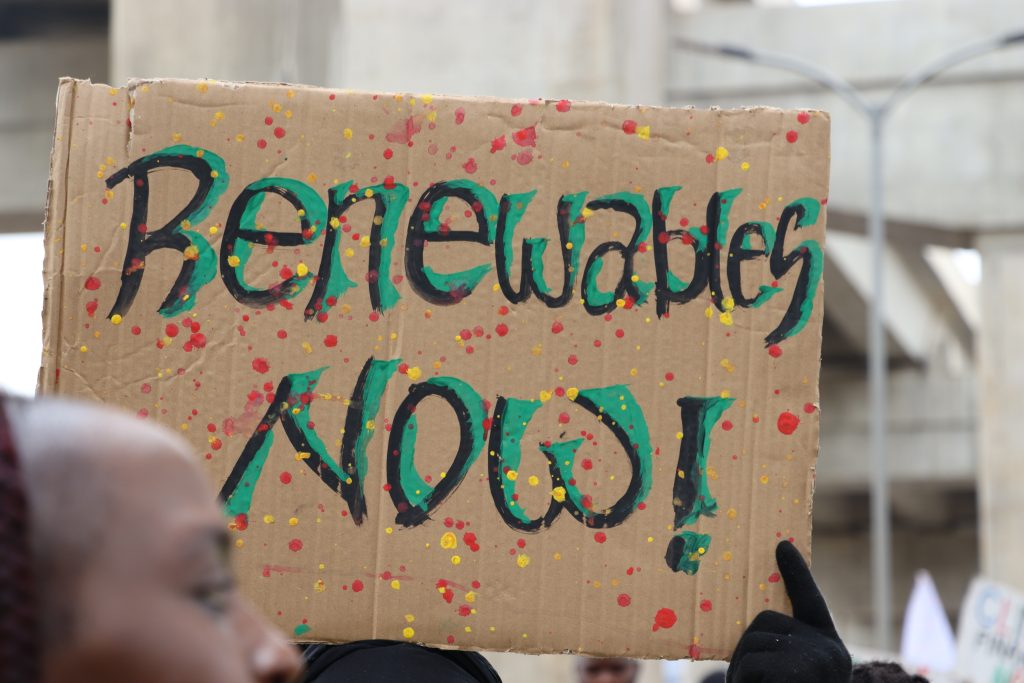
COP29: Themes coming up
For the UNFCCC COP29, so-called “Nature-Based Solutions” (NBS), Nationally Determined Contributions (NDCs), as well as climate financing, will be key negotiations to be part of.
So called NBS, recognised by civil society as ‘false solutions’ and ‘dangerous distractions’, are regularly punted by private actors seeking to offset, capture or use unproven technological fixes to ‘limit’ carbon emissions. This only allows fossil fuel companies to continue “business as usual”, while Indigenous Peoples and defenders continue to face both climate-induced loss and damage, and land dispossession, loss of livelihoods and heritage.
False solutions take precedence over real climate solutions that put people and the planet first.
Defenders must bring their real-life stories of how these NBS have added to their struggles. Instead of these “solutions”, we need to call on all companies and states to stop their carbon emissions as quickly as possible, and halt any new fossil fuel projects, even if there are opportunities to “offset” those emissions (something that has been proven not to work).
Also happening at COP29, Defenders and civil society will be pushing states for new and additional climate finance. This is especially important for Africa, where climate change losses are significant and where the amount needed to mitigate and adapt to climate change is significantly more than has been promised by the global north – leading to a finance gap.
Furthermore, in the name of equity and common but differentiated responsibilities, global south countries are pushing for grant-based finance that does not worsen the debt crisis, nor loans that are often attached to austerity conditionalities that weaken state sovereignty and policy space.
Advocacy at COP29
African Defenders at COP29 need to push their governments to adopt an ambitious, and needs-based climate finance goal, based on the principles of climate justice, equity and common but differentiated responsibilities, and respective capabilities (CBDR-RC). This new collective quantified goal must address the urgent needs of developing countries facing climate change impacts, focusing on delivering the resources necessary to help these states mitigate and adapt to the impacts, as well as address loss and damage.
Lastly, African environmental defenders must advocate for progressive and ramped up National Determined Contributions (NDCs), ahead of COP30, for both the country they represent, as well as countries that contribute significant amounts of carbon emissions. The NDCs must not only reflect the climate crisis, but be informed by equity, human rights, and the lived experiences and solutions of front-line communities and defenders. All countries must play a part in avoiding further emissions, even if their contribution to curbing emissions is smaller. All efforts are necessary.
For African defenders, the power struggles and the laborious back-and-forth in these negotiating spaces can feel overwhelming and frustrating. However, if we come with a common voice, we can make the journey easier. As Defenders, we need to call for better protection, for respect for human rights, and for laws and regulations to be put in place that protect that which is precious: Life and nature.

